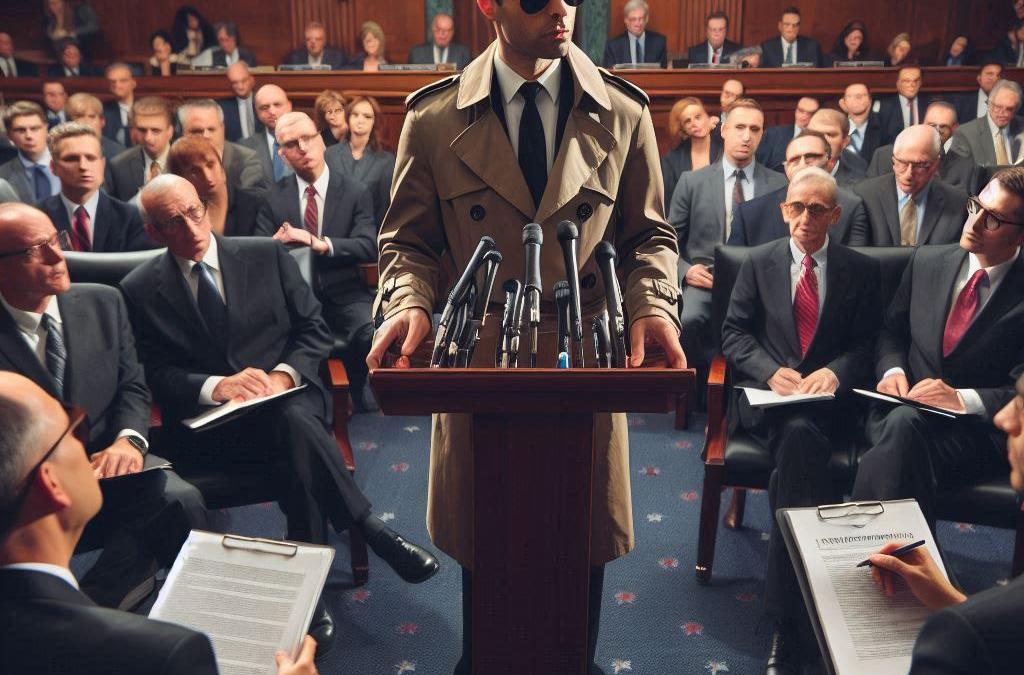The Rockefeller Commission, officially known as the President’s Commission on CIA Activities within the United States, was not directly focused on investigating the assassination of President John F. Kennedy. Instead, it was formed to examine allegations of CIA involvement in domestic activities, including assassination plots and surveillance operations. Here’s an overview of the Rockefeller Commission and its relevance to the broader context of government investigations following the Kennedy assassination:
Background and Establishment
- Creation of the Commission:
- The Rockefeller Commission was established by President Gerald Ford in 1975 in response to growing concerns about CIA activities within the United States.
- Its primary mandate was to investigate and report on allegations of improper or illegal CIA activities, including domestic surveillance, testing of drugs on unwitting subjects, and attempts to assassinate foreign leaders.
- Context of the Time:
- During the 1970s, public and congressional scrutiny of intelligence agency activities, including the CIA, was heightened due to revelations of covert operations and abuses of power.
- The Rockefeller Commission was part of broader efforts to address these concerns and promote transparency in government operations.
Investigation and Findings
- Scope of Inquiry:
- While the Rockefeller Commission did not specifically focus on the Kennedy assassination, its investigation touched on related issues, such as CIA operations during the 1960s and 1970s.
- It reviewed documents and conducted interviews to assess the extent of CIA activities and any potential violations of law or ethical standards.
- Relevant Issues:
- The Commission examined allegations surrounding CIA efforts to assassinate foreign leaders, including Fidel Castro of Cuba and Patrice Lumumba of the Congo.
- It also investigated the CIA’s involvement in domestic surveillance programs, particularly in relation to U.S. citizens and political activists.
Legacy and Impact
- Public Disclosure:
- The Rockefeller Commission’s findings were made public in its final report, which detailed its investigation into CIA activities and made recommendations for reforms.
- The report contributed to public awareness of government surveillance and covert operations, prompting further congressional oversight and legislative reforms.
- Historical Context:
- While the Rockefeller Commission did not directly address the Kennedy assassination, its work reflected broader concerns about government secrecy and accountability in the aftermath of controversial events, including the Watergate scandal.
- Continued Interest:
- Despite its focus on CIA activities unrelated to the Kennedy assassination, aspects of the Commission’s findings have been cited in discussions about government transparency and intelligence agency oversight.
- Researchers and historians continue to examine the Rockefeller Commission’s role in shaping public perceptions of CIA operations and its implications for civil liberties.
In summary, the Rockefeller Commission was established to investigate CIA activities within the United States during the 1970s, addressing concerns about domestic surveillance and covert operations. While it did not directly investigate the Kennedy assassination, its work contributed to broader discussions about government accountability and the limits of intelligence agency powers in democratic societies.
Reference: Senate Intelligence Committee – Rockefeller Commission

